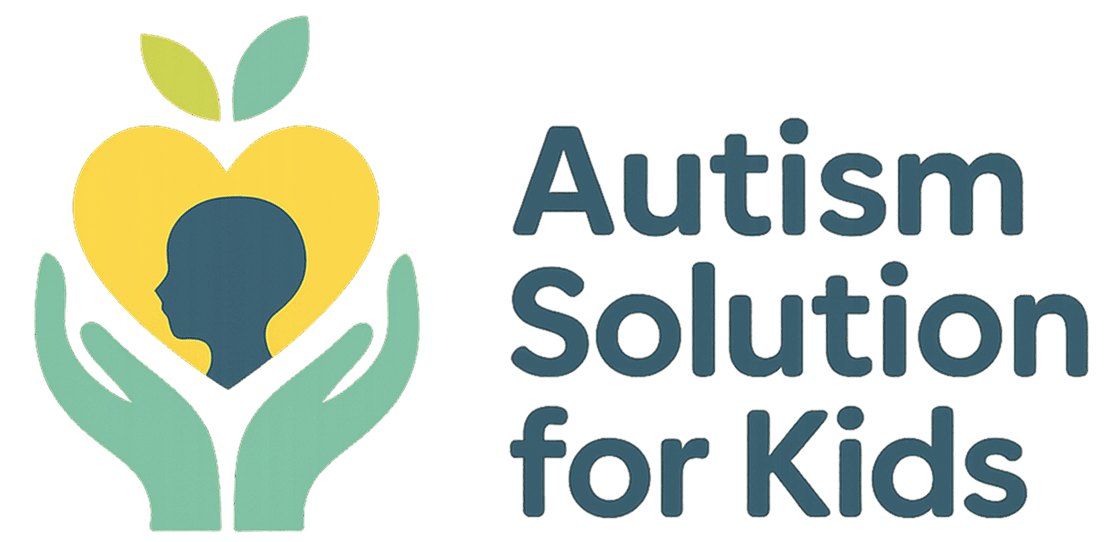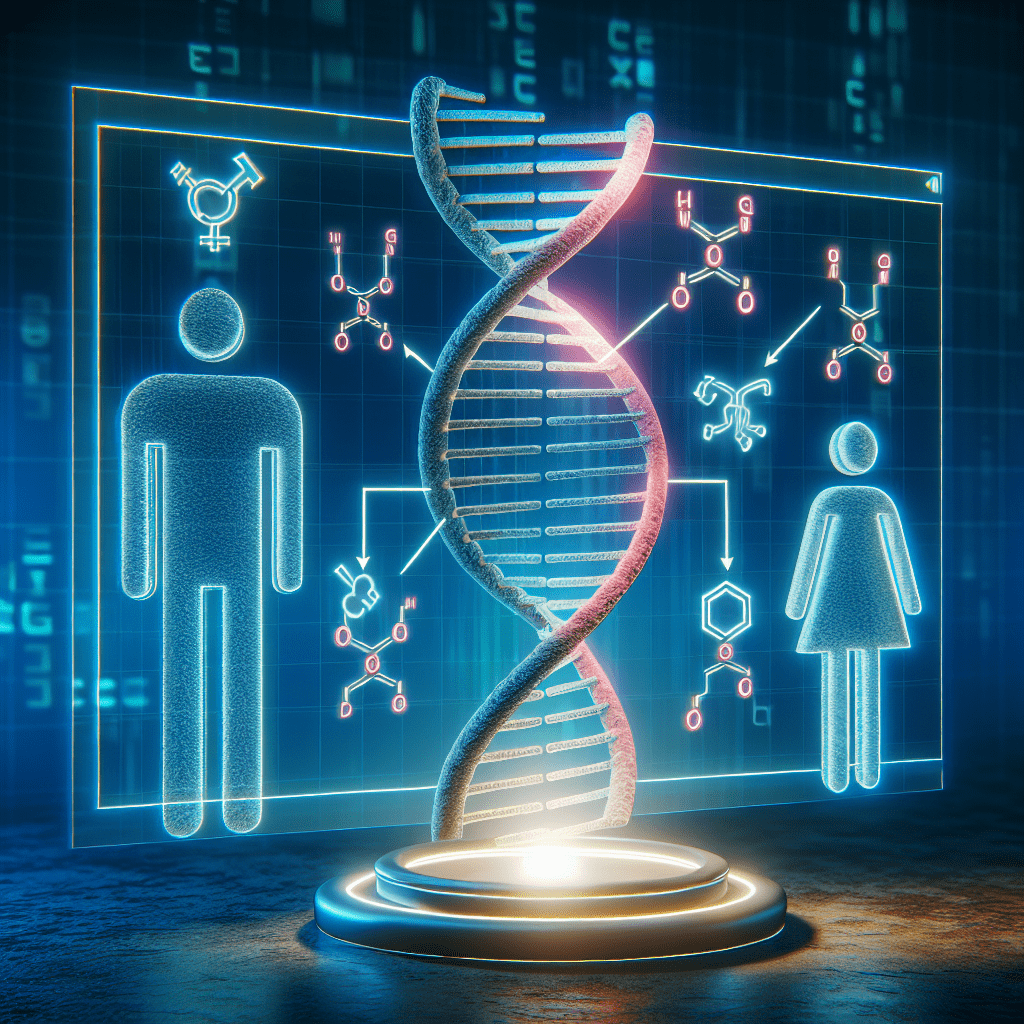What Are Autistic People Usually Good At? Unveiling Their Strengths
Have you ever wondered about the unique strengths that autistic individuals often possess? Understanding what autistic people are usually good at not only broadens our perspectives but also highlights the valuable contributions that they make to society. With a diverse range of skills, many autistic individuals excel in various fields, showcasing extraordinary abilities in specific areas. In this comprehensive article, we will delve into the remarkable talents and strengths of autistic people. By highlighting their capabilities, we aim to promote a more inclusive society that values neurodiversity and embraces the unique perspectives of individuals on the autism spectrum.
Cognitive Skills and Analytical Thinking
When we talk about what autistic people are usually good at, one of the most prominent areas that emerges is their cognitive skills and analytical thinking. Many individuals with autism exhibit exceptional abilities in logical reasoning, problem-solving, and analysis. Their thought processes often differ from those of neurotypical individuals, allowing them to approach problems from unique angles.
For instance, numerous autistic individuals have incredible attention to detail. This makes them excel in fields that require precision, such as mathematics, engineering, and computer programming. They can analyze complex data and recognize underlying patterns that others might overlook. In fact, many autistic individuals find solace in tasks that demand a structured approach, enjoying the predictability and clarity that such activities provide.
Moreover, many autistic people possess a strong memory. This can manifest as a photographic memory, where they can recall extensive details from experiences or information they have encountered. This skill is particularly advantageous in academic settings and professions where retaining large volumes of information is vital.
Consider the world of programming and software development. Autistic individuals have successfully made their mark in this field by applying their sharp analytical skills. Companies increasingly value diversity in tech, recognizing that neurodivergent team members can offer innovative solutions and efficiencies that enhance project outcomes.
In addition, the preference for routine and structure often found in autistic individuals can provide a steady work ethic. This reliability helps them excel in roles that need consistency, persistence, and dedication. Autistic workers often appreciate a well-defined role where expectations are clear, providing them the space to shine in their performance.
Creative Expression and Artistic Talents
Another fascinating aspect when exploring what autistic people are usually good at is their capacity for creative expression and artistic talents. Many individuals on the autism spectrum showcase unique artistic abilities that can be extraordinary and moving. Art can serve as a powerful medium for communication, allowing individuals who may struggle with verbal expression to convey complex emotions and ideas.
Autistic individuals may find solace in various art forms, including visual arts, music, and writing. For example, some autism advocates and artists have utilized their specific experiences to inspire their artistic creations, bringing awareness to autism and the challenges faced by those on the spectrum. Their art often evokes profound feelings and thoughts, resonating with a wide audience.
The beauty of artistic expression in autistic people lies in their unique perspective on life. They may see the world through a different lens, which can lead to original and thought-provoking works. Take for instance renowned artists like Claude Monet or Vincent van Gogh, who had elements of autism in their characteristics. Their masterpieces weren’t just art; they were expressions of their internal worlds.
Music is another area where autistic individuals often excel. Some have perfect pitch, allowing them to discern musical notes that many might struggle with. This remarkable skill can indeed lead to successful careers in music, whether as composers, musicians, or sound engineers. Their ability to perceive sound can even connect to broader cognitive strengths, enhancing both their personal and professional lives.
Writing and literature are also essential avenues for many on the autism spectrum. Some talented writers use storytelling as a way to process their experiences, transcending everyday communication barriers. Their narratives might represent unique insights, making a significant impact on readers. Therefore, it’s essential to champion and support the creative journeys of autistic individuals, as their talents greatly enrich our cultural landscape.
Social Skills and Empathy
Another common element to explore when discussing what autistic people are usually good at revolves around social skills and empathy. Although social interactions can prove challenging for some autistic individuals, it is crucial to recognize the diverse manifestations of social skills within this community. Many autistic individuals have a profound understanding of social cues and emotional nuances, allowing them to connect deeply with others, even if those interactions may not follow societal norms.
For some, their social skills might not adhere to conventional expectations, but their loyalty, honesty, and straightforwardness can often lead to strong interpersonal relationships. These unique qualities allow them to form meaningful connections and friendships in ways that might differ from neurotypical social paradigms. Their sincerity often shines during conversations, fostering genuine rapport with others.
In addition, some autistic individuals develop extraordinary emotional intelligence that enables them to empathize with others. They might be highly attuned to the emotions of those around them and can effectively express their understanding of others’ feelings. This emotional insight can be enormously beneficial in nurturing relationships and providing support to friends and loved ones.
Furthermore, many autistic individuals possess a keen instinct for identifying patterns in social dynamics. This can lead to an acute awareness of social roles, facilitating their ability to navigate complex social situations. They may deftly observe interactions and build a sense of how to respond appropriately to varying contexts. Though these interactions might come with challenges, many autistic individuals continuously work toward enhancing their social skills, demonstrating resilience and determination.
As society’s understanding of autism progresses, expanding opportunities for enhanced social engagement and support can play a crucial role in helping autistic individuals harness their strengths in social contexts. By creating more accommodating environments, we can encourage the flourishing of these skills and foster understanding among diverse groups.
Technological Skills and Innovation
When investigating what autistic people are usually good at, one cannot overlook the extraordinary skills many possess in technology and innovation. Throughout various sectors, neurodivergent thinkers contribute significantly, particularly in tech fields. Many autistic individuals show a natural affinity for technology, often gravitating toward careers in software development, data analytics, and IT.
This technology-driven prowess can stem from their ability to focus intensely on subjects of interest, allowing them to master complex concepts and tools. Their aptitude for understanding logical frameworks can translate into efficient problem-solving strategies, enabling them to tackle technical challenges more effectively.
Crucially, diversity within teams is increasingly recognized as a catalyst for innovation and growth. Companies that welcome neurodiverse talent often witness a surge in creative solutions and fresh ideas. Autistic individuals can bring unique viewpoints that inspire innovative approaches to product development, design, and customer service.
Take, for example, the rise of artificial intelligence and machine learning. Many autistic individuals gravitate toward these fields, utilizing their analytical skills to drive advancements in technology. Moreover, attention to detail often leads to thorough testing and debugging, enhancing software quality and user experience.
As technology begins to blend more seamlessly with various facets of society, fostering environments where autistic individuals can thrive will be crucial. By investing in training programs and creating inclusive workplaces, employers can unlock the full potential of their autistic employees, reaping the rewards of diverse skill sets that can propel their businesses forward.
Problem-Solving in Practical Scenarios
When discussing what autistic people are usually good at, problem-solving in practical scenarios emerges as a vital area of strength. Many autistic individuals exhibit remarkable skills in practical ingenuity and critical thinking. Their ability to dissect problems and methodically approach solutions can provide valuable insights in various domains, whether in personal life or professional settings.
In numerous industries, autistic individuals excel in troubleshooting and diagnosing technical issues. Their keen analytical minds allow them to break down complex systems, identify deficiencies, and propose solutions that others may not readily see. This characteristic is particularly prominent in fields like engineering, healthcare, and any roles that involve system operations.
Moreover, some autistic individuals bring distinct perspectives to real-world problem-solving, often thinking outside the box when confronted with challenges. They may consider alternative viewpoints or leverage their specialized knowledge to develop unique solutions and approaches. This innovative problem-solving can lead to exciting breakthroughs that benefit their teams and organizations.
In educational settings, autistic students can demonstrate outstanding problem-solving abilities, particularly in subjects like mathematics and science. With clear instructions and consistent routines, they often thrive in environments that prioritize methodical reasoning and systematic analysis. Educators who recognize and support these capabilities can help their autistic students carve a path toward academic and professional success.
In summary, the diverse strengths that autistic individuals present in practical problem-solving scenarios can bring tremendous value. Their capacity to think critically and creatively opens doors to opportunities that benefit various realms of society. Through tailored support and acknowledgment of their unique skills, we can foster both personal and professional growth among autistic individuals, ultimately benefiting communities as a whole.
Conclusion
In our exploration of what autistic people are usually good at, we’ve uncovered numerous strengths that highlight the unique contributions individuals on the spectrum can make to society. From cognitive skills and analytical thinking to creative expression, social abilities, and innovation in technology, autistic individuals provide valuable insights and capabilities that enrich our world.
Understanding and embracing these strengths encourages a more inclusive society that appreciates neurodiversity. By providing meaningful support and creating opportunities tailored to their unique skills, we can empower autistic individuals to reach their full potential. Whether in the workplace or academic settings, recognizing the unique qualities and contributions of autistic people can transform perceptions, leading to greater connections and collaborations across various domains.
As we move forward, let’s strive to celebrate the strengths that neurodiversity brings to the table. By initiating open conversations, supporting autistic talent, and increasing societal understanding, we are cultivating a world that values every individual, regardless of their neurological makeup. Together, we can build a future that embraces our differences and fosters growth in all.
FAQs
1. What are common strengths among autistic individuals?
Many autistic individuals demonstrate exceptional analytical thinking, attention to detail, creativity, and problem-solving skills, often excelling in fields requiring these strengths.
2. Can autistic people work in creative fields?
Yes, many autistic individuals possess significant artistic talents and excel in creative fields such as music, writing, visual arts, and design.
3. How can I support autistic individuals in the workplace?
Creating a supportive and inclusive work environment, clearly defining roles and expectations, and recognizing unique strengths can empower autistic individuals to thrive.
4. What role does routine play in the lives of autistic individuals?
Many autistic individuals thrive on routine, as it helps them manage expectations and reduces anxiety, contributing to enhanced productivity and overall well-being.
5. How can society benefit from neurodiversity?
Embracing neurodiversity fosters innovation and creativity by bringing together diverse perspectives, ultimately leading to richer ideas and solutions in various fields.





